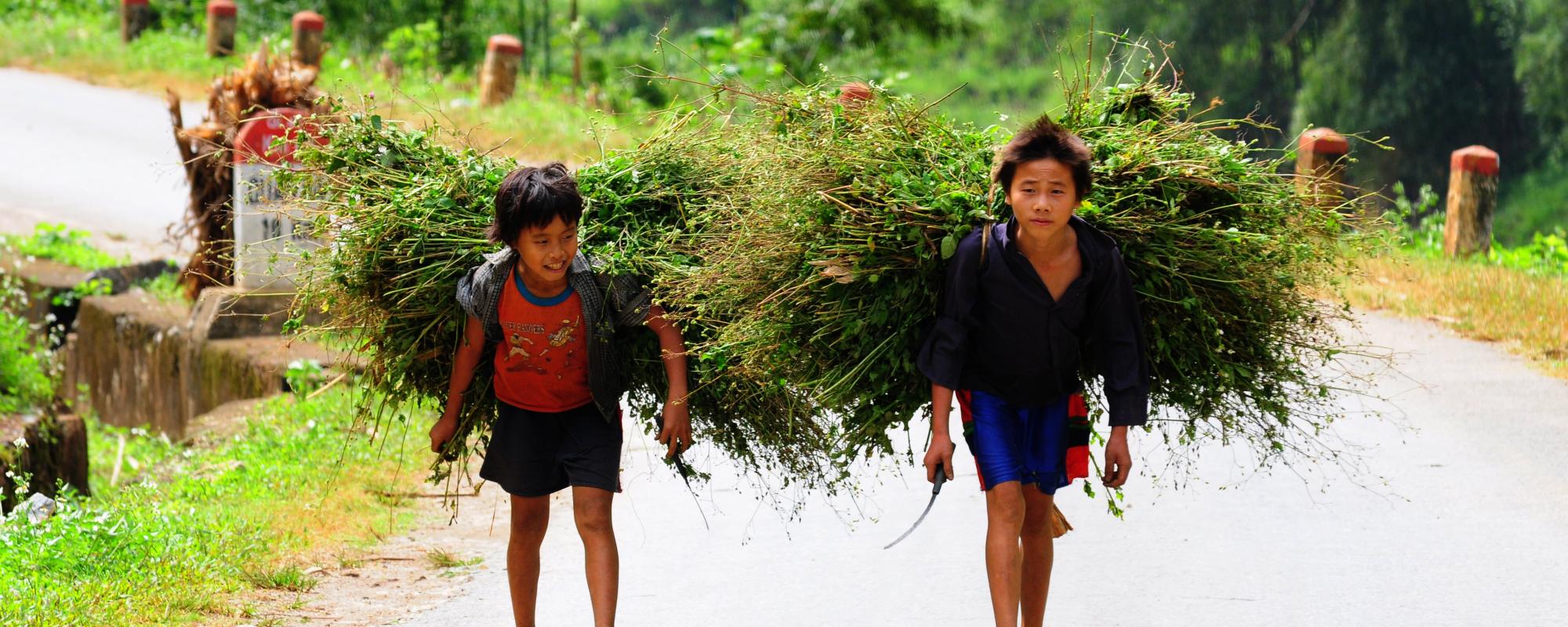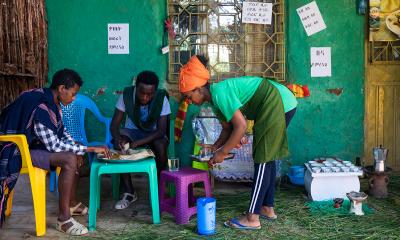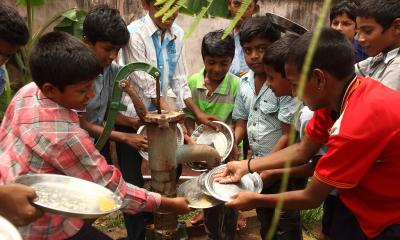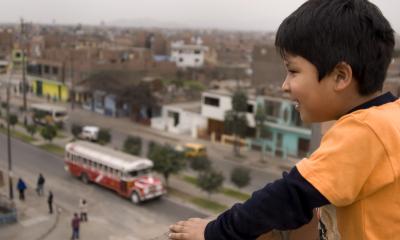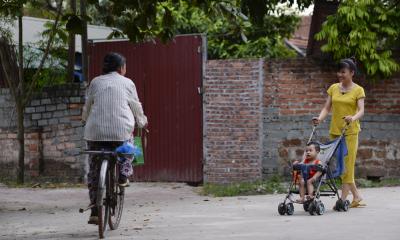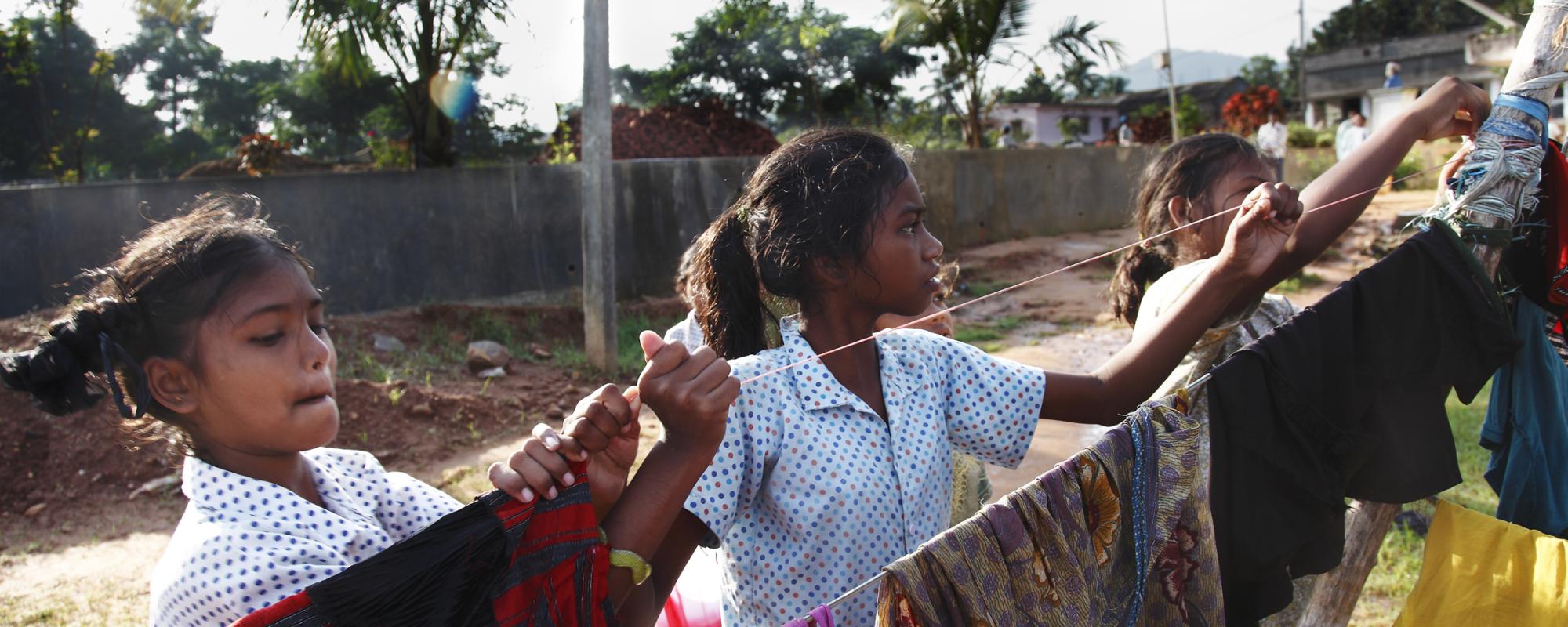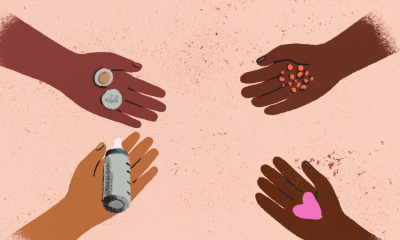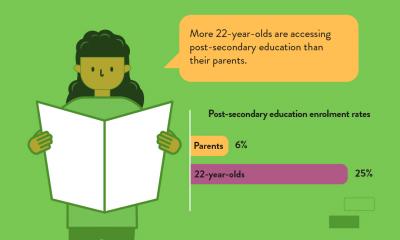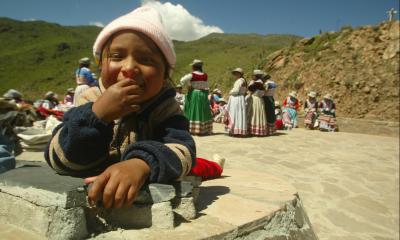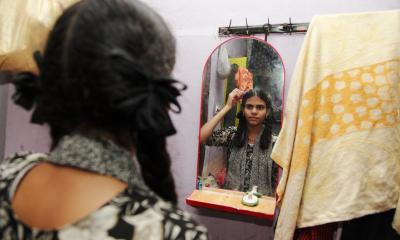Publication Information
The authors provide an update on the Cohort Profile of the Young Lives Study, in an article published in the International Journal of Epidemiology in 2021.
Key messages from the article are:
• Young Lives is a longitudinal study tracking two cohorts of children in four low-and-middle-income countries [Ethiopia, India, Peru and Vietnam].
• The survey started in 2002 and three rounds were completed by 2009. Two further rounds took place in 2013 (round 4) and 2016 (round 5). Most recently the round planned for 2020 was conducted by telephone.
The authors provide an update on the Cohort Profile of the Young Lives Study, in an article published in the International Journal of Epidemiology in 2021.
Key messages from the article are:
• Young Lives is a longitudinal study tracking two cohorts of children in four low-and-middle-income countries [Ethiopia, India, Peru and Vietnam].
• The survey started in 2002 and three rounds were completed by 2009. Two further rounds took place in 2013 (round 4) and 2016 (round 5). Most recently the round planned for 2020 was conducted by telephone.


